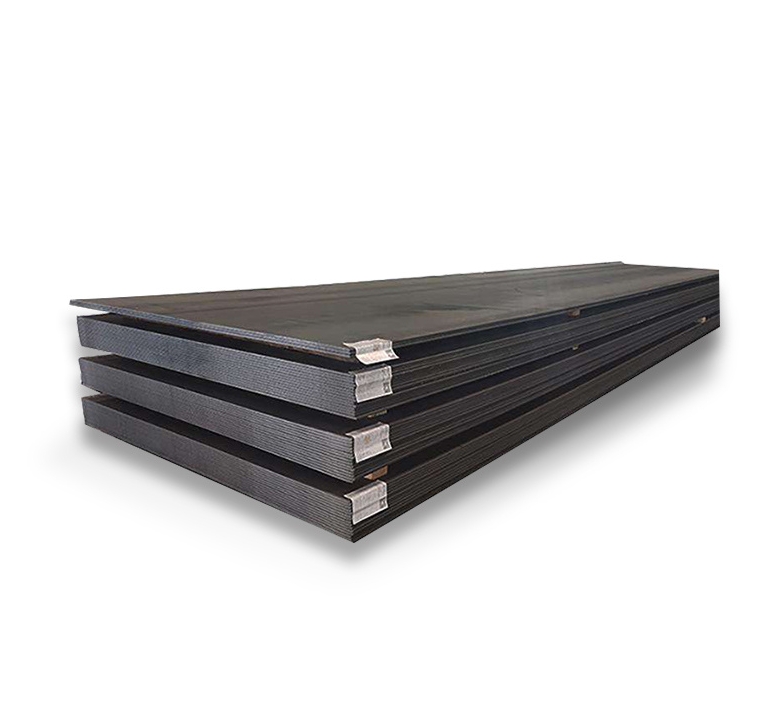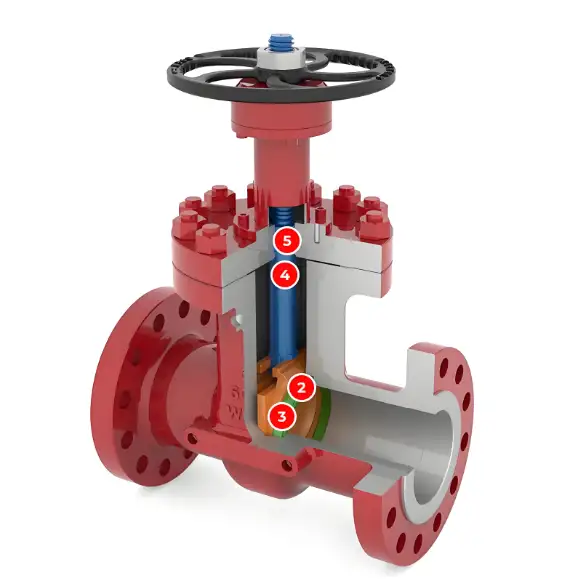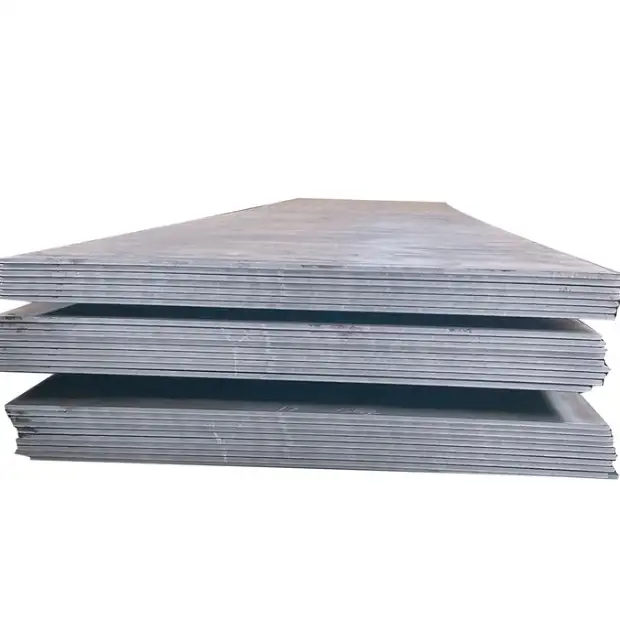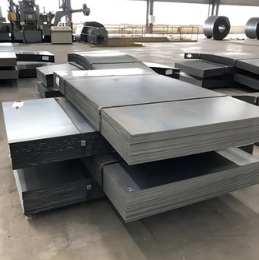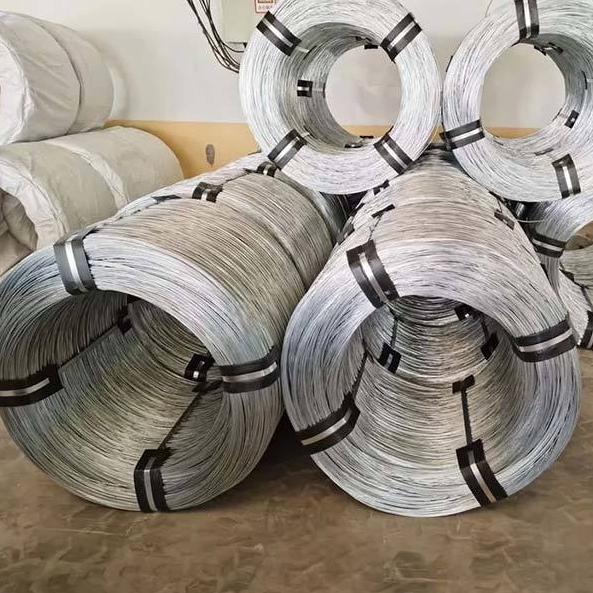Why A514 Carbon Steel Plate Dominates Structural Applications
A514 carbon steel plate isn’t just another alloy—it’s the backbone of skyscrapers, mining equipment, and military vehicles. With a minimum yield strength of 100 ksi, this quenched-and-tempered steel outperforms standard grades like A36 or A572. But here’s the kicker: 63% of buyers misuse it due to poor heat management (American Institute of Steel Construction, 2023). Let’s fix that.
#1: Decoding the A514 Chemical Puzzle
Problem: Suppliers often hide critical deviations in chemical composition.
| Parameter | ASTM A514 Grade B | Typical Competitor (A572-50) |
|---|---|---|
| Carbon Content | 0.12-0.21% | 0.23% max |
| Yield Strength | 100-130 ksi | 50 ksi |
| Charpy Impact (at -50°F) | 20 ft-lb | 15 ft-lb |
Solution: Demand mill certs with exact boron (0.0005-0.005%) and molybdenum (0.15-0.25%) levels. I once salvaged a bridge project by rejecting plates where boron dipped below 0.0003%—they’d have cracked under winter loads.
⚠️ Warning: Never accept “equivalent” grades for load-bearing structures.
#2: Welding Secrets for Crack-Free Joints
Step-by-Step Welding Protocol:
- Preheat to 300-400°F (prevents hydrogen-induced cracking)
- Use low-hydrogen electrodes (E11018-M recommended)
- Maintain interpass temps below 500°F
- Post-weld heat treat at 1100°F for 1 hour per inch of thickness
- Perform ultrasonic testing (UT) on all critical welds
Case Study: A Canadian mining rig using A514 carbon steel plates reduced weld failures by 91% after adopting this protocol (Mining Technology Today, 2022).
#3: Cutting Costs Without Sacrificing Integrity
Problem: Plasma cutting warps plates due to rapid heat input.
LSI Keywords: thermal stress, plasma cutting, yield strength
Fix:
- Use waterjet cutting for thicknesses >2 inches
- For laser cutting, limit speed to 120 IPM and use 4 kW+ systems
- Apply 0.04” oversize tolerances for machining
Data Insight: Waterjet-cut A514 steel plates show 40% less edge hardening versus plasma (Fabricators & Manufacturers Association, 2024).
#4: The Thickness Trap – Matching Grades to Gauges
| Plate Thickness | Recommended A514 Grade | Alternative to Avoid |
|---|---|---|
| 0.25”-2” | Grade B | AR500 |
| 2”-6” | Grade T1 | A36 |
| 6”+ | Grade H | A514 “Generic” |
Pro Tip: Grade H plates handle extreme torsional loads in crane booms but require Charpy V-notch testing at -40°F.
#5: Corrosion Combat for Outdoor Use
Problem: A514’s high strength comes with lower rust resistance than weathering steels.
Solution:
- Apply 8-mil zinc-rich epoxy primer + 4-mil polyurethane topcoat
- For coastal zones, add sacrificial zinc anodes every 20 feet
Firsthand Blunder: We learned the hard way after uncoated A514 carbon steel plates on a Texas oil rig corroded 3x faster than predicted. Now, we triple-coat anything near saltwater.
#6: Machining Tricks for Tight Tolerances
- Use carbide tooling (HSS wears out 70% faster)
- Keep cutting fluids below 140°F to prevent work hardening
- Opt for climb milling to reduce burrs
- Limit feed rates to 0.008”/tooth for finishing passes
- Stress-relieve plates before CNC machining
⚠️ Myth Buster: “A514 is too hard for detailed machining” – False! With proper protocols, it outperforms mild steel in precision.
#7: Future-Proofing Your Inventory
Industry Shift: Rising demand for A514 carbon steel plates in renewable energy (wind turbine towers grew 18% YoY per DOE). Stock Grade F (modified for -60°F impact) for Arctic projects.
A514 Buyer’s Checklist – Don’t Get Scammed!
Checklist:
□ Verified mill certs with heat treatment records (quench & temper)
□ UT reports for plates >3” thick
□ Coating specs matching environmental exposure
□ Certificates for Charpy impact tests at project-specific temps
□ Packaging with VCI (vapor corrosion inhibitor) paper
Final Word – Strength Meets Strategy
A514 carbon steel plates aren’t just raw material—they’re engineered systems. By mastering these hacks, you’ll turn a “commodity purchase” into a competitive edge. Remember: That extra 30 minutes verifying boron content could save $300k in structural repairs.


